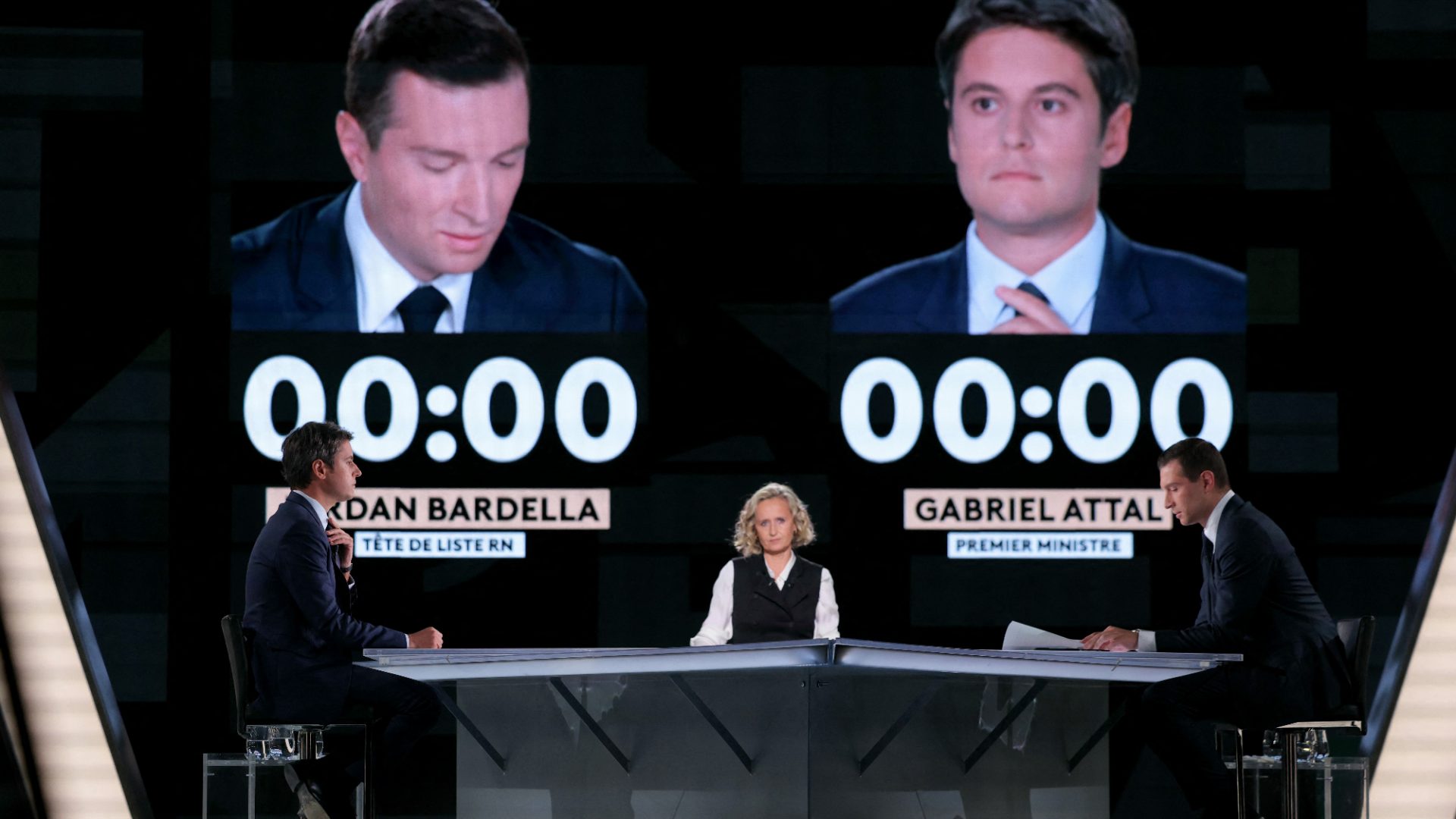There are now, at time of writing, 10 days to go until the country goes to the polls, although it may as well be a hundred. We already know what’s going to happen, meaning that the horse race has lost most of its appeal. There is one horse at the front, galloping, and another rolling on the ground whinnying, and occasionally trying to bite onlookers. We know who’s going to make it to the finish line first.
As a result, restless journalists have understandably started to turn their attention to what may happen after July 4, once a Labour government enters Downing Street. It’s mostly all rumours and second-guessing, as the party remains tight-lipped, and newspapers cannot predict the future, much as they try.
Still, some pieces of gossip have been eyebrow-raising. Take last week’s Mail on Sunday, which carried a story about Sue Gray, the power behind the throne. According to them, the senior Labour adviser would like to shut down all the bars on the parliamentary estate, in order to put an end to Westminster’s unhealthy drinking culture.
My first reaction upon reading the piece was – I’m sorry to say – outrage. It is unclear to me why the vast majority of people, able to drink responsibly, should be punished because of a malevolent minority. Beyond that, anyone who truly knows British politics, I thought, would surely know that closing down Strangers and the terrace would do little.
Hell, it may even make the situation worse. MPs are MPs and their staffers are built in their image; if they cannot drink in bars, surrounded by everyone else in the Westminster bubble, then they will end up boozing it up in private offices – as some do already – or in bars away from SW1, and away from the public eye.
If the plan is to curb drunken misbehaviour then, perhaps counterintuitively, closing down parliamentary bars is merely a distraction. It is the general underlying culture that is obviously to blame, with its long hours, large egos, and ever-present power imbalances. At least in Strangers the whips can keep an eye on everyone.
Satisfied with my conclusion, I finished reading the piece and went on with my day. Still, something kept gnawing at me. Where had I heard my arguments before? It took me a few hours to get there, and the epiphany was an unpleasant one.
I sounded like Jacob Rees-Mogg. There was someone out there trying to make Westminster a better, more professional workplace and here I was, grumpily telling them that it wouldn’t work, and that the old ways were simply better. I’d become a reactionary! It was a terrible turn of events.
Then again, maybe it wasn’t wholly surprising. I’ve been working in and around British politics for nearly a decade now. I am used to the place being set in its ways and, like many others before me, have begun succumbing to cynical entropy.
Why try to fix anything? The place is weird and unique. It’ll revert back anyway. Nothing can truly be different. There’s no point in trying. It’s pretty good the way it is anyway. You wouldn’t understand it – and so on, and so forth.
It’s a normal and natural impulse, I think, but that doesn’t mean it shouldn’t be resisted. I care deeply about the wellbeing of especially younger, more vulnerable people working in the Palace of Westminster, and surely some trial and error is better than deciding to simply ignore parliament’s problems.
I’m not convinced that shutting down the bars would act as a panacea but, annoyingly, it may be worth a shot. I’ve really enjoyed my evenings spent drinking there, and they’ve certainly made my work life more interesting, but that’s not enough to justify all the issues that come with it.
If Gray gets her way, though, do expect me to be on the terrace until last orders on the last night it sells booze. I wouldn’t miss it for the world.




